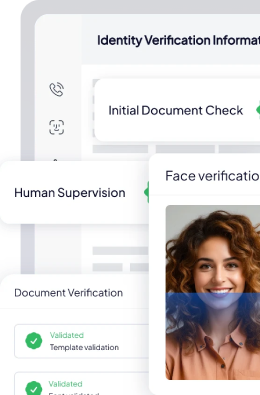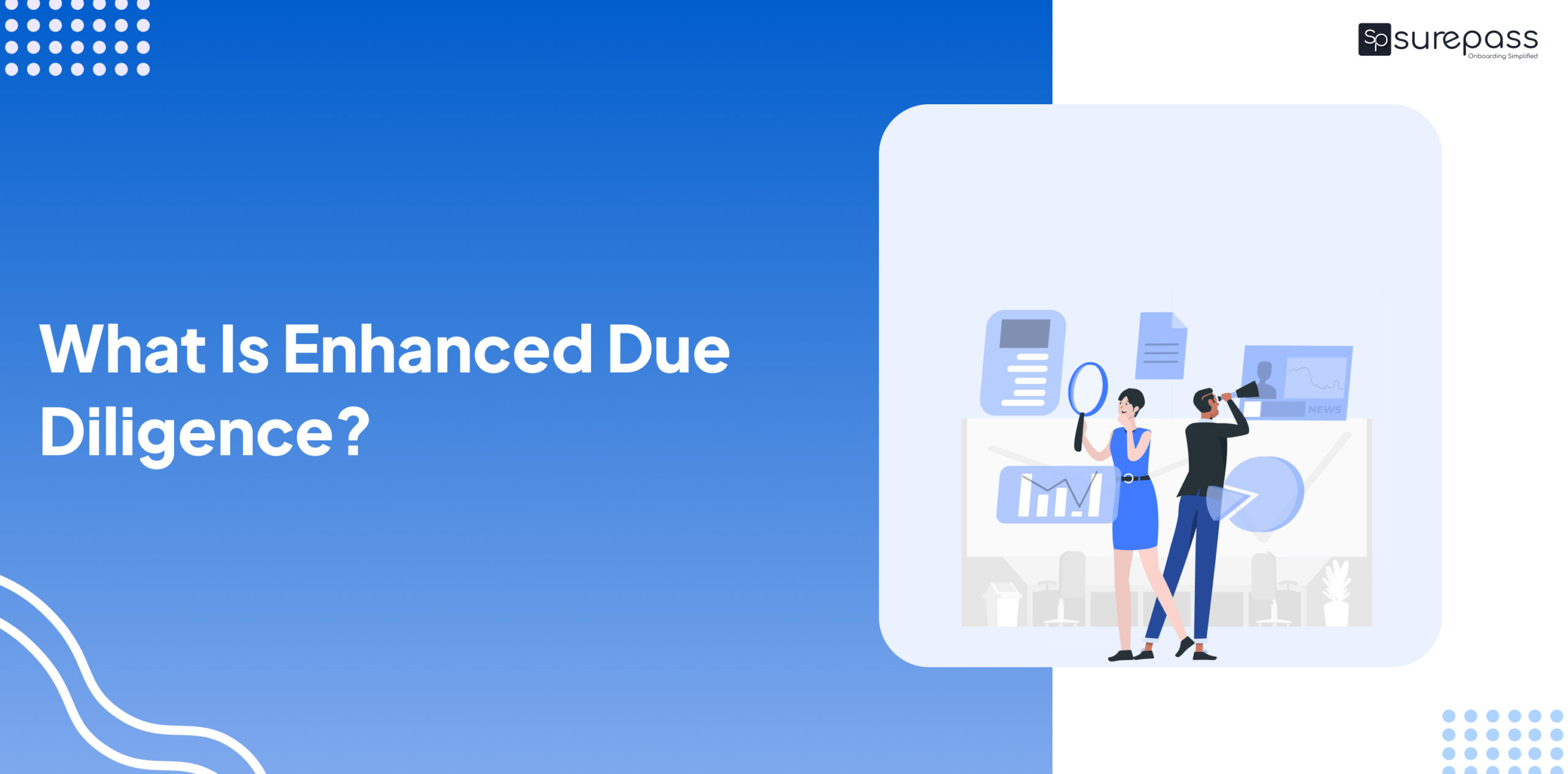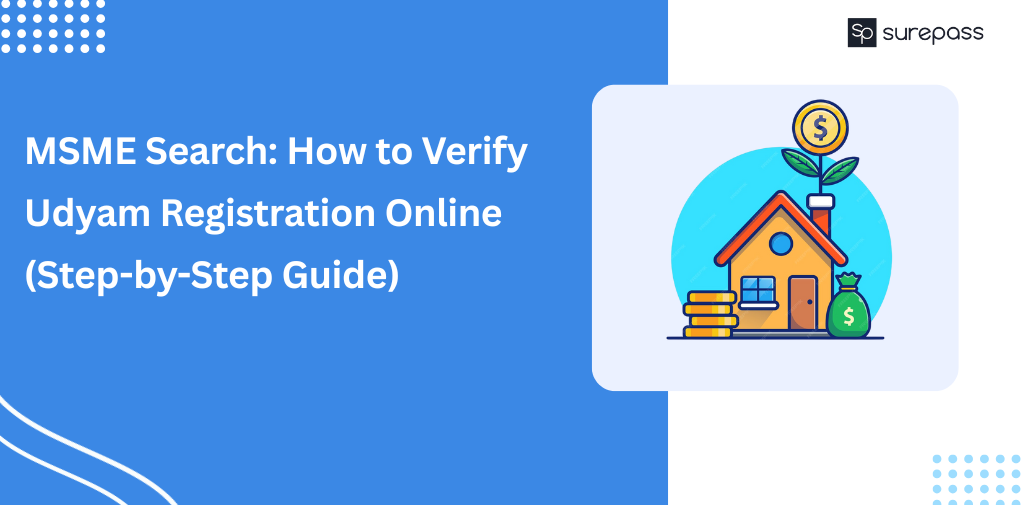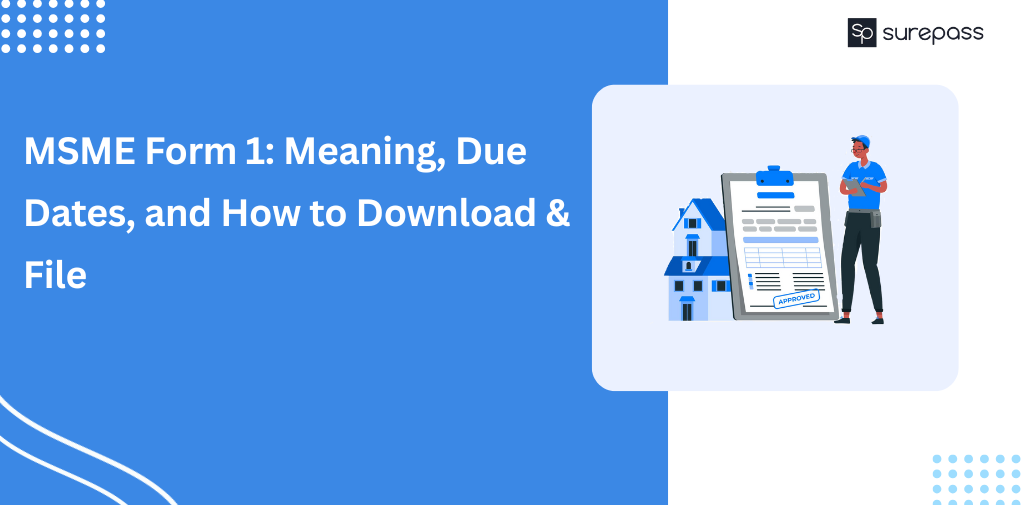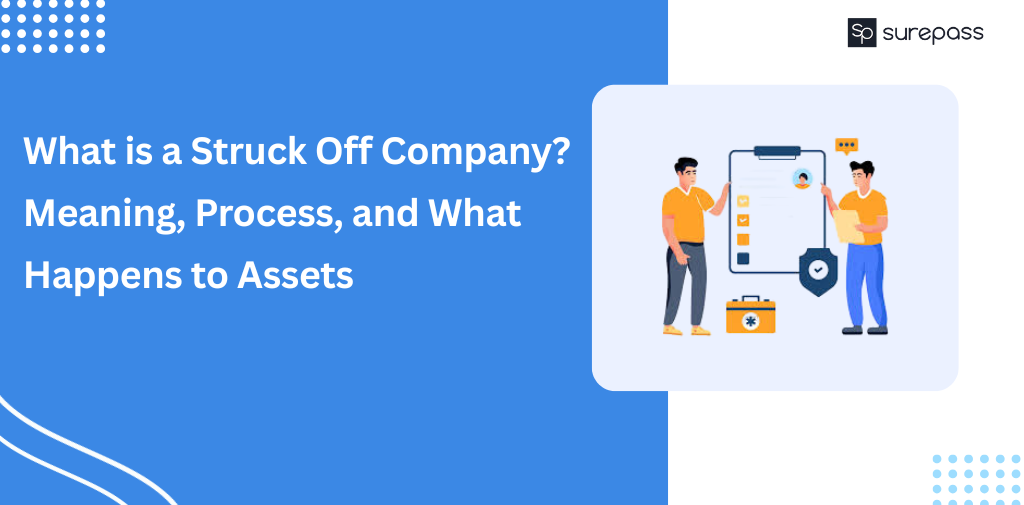Everything About The Enhanced Due Diligence
Every year, about $ 2 trillion in illegal money flows through financial institutions worldwide. The government and banks are trying hard to eliminate money laundering and terrorist funding by creating laws and severe punishment.
EDD or Enhance Due Diligence is used in banks to investigate suspicious people. It is a part of KYC and helps in detecting people involved in AML and TF.
What Is Enhanced Due Diligence (EDD)
It is a process that investigates and gathers information about prime suspects who are involved in AML and TF. The thorough investigation of EDD helps in finding and reducing terrorist funding and money laundering. EDD keeps an eye on the customer having high net worth and on their financial transactions. It monitors the customer’s financial transactions and maintains integrity in the financial sector.
Enhanced due diligence is usually required for
Usually, FATF (Financial Action Task Force) keeps track record of the high risk of money laundering. Here, EDD investigates the potentially risky customer and situation. Such as
- Money received from an unknown source
- Private banking
- Cash Intensive business
- Countries that lack FT/AML systems
- Anonymous business relationships and tractions
- Countries that support or fund terrorist activities or have designated terrorist
Extra care might also be needed for politically exposed persons (PEPs). Financial institutions should decide what extra steps to take based on the risks involved.
Enhanced Due Diligence High-Risk Customer
High-risk customers are a threat to organizations and their actions can cause reputational damage. Here, we have shared potential high-risk associated customer
- People with unusual account activity
- Politically exposed person
- Money Laundering Customers
- NRIs
- Customer with credit card stealing background
- Customer with doubtful reputation
- People having relationships with high-risk countries
How Does Enhanced Due Diligence Work?
EDD takes several measures to accurately verify illegal money transactions and activities. These measures are
- Acquiring all details of the customer
- Investigation purpose of transaction and business relationship
- Monitoring the ongoing process
- Checking the source of wealth
After proper investigation, if EDD finds something Fishy, EDD can ask questions from relationship managers and clients.
Automate your KYC Process & reduce Fraud!
We have helped 200+ companies in reducing Fraud by 95%
Benefits Of Enhanced Due Diligence
Improve Security: EDD helps identify finance-related crimes such as Anti-money laundering, fraud, and terrorist funding.
Improve Reputation: Incorporating EDD into the system shows integrity and ethical practices, increasing investor trust and improving reputation.
Prevent Financial Losses: EDD lowers the chances of risky people by proper monitoring. Due to the elimination of fraudulent people, money fraud.
What is The EDD Procedure in AML?
Edd meaning Enhanced Due Diligence, EDD in AML is a process used to check high-risk clients. EDD monitors high-risk clients and keeps an eye on the ongoing transaction. It keeps an eye on the financial activities. It ensures that everything follows the rules and regulations and reduces the risk of fraud and terrorist funding.
What Is CDD and EDD In KYC?
Both EDD and CDD are processes to Know your customer. Where CDD is applied to all customers for their identification and verification. CDD also helps in identifying high-risk clients.
On the other hand, EDD only investigates clients who are declared to be at high risk. EDD monitors financial transactions, business relationships, and the purpose of transactions. The involvement of EDD in the investigation reduces the risk of AML and fraud.
FAQS
1. What Is EDD Full Form in Banking?
The full form of EDD in Banking is Enhanced Due Diligence, it is used to monitor and detect potential high-risk customers who can be involved in money laundering and TF (Terrorist Funding).
2. What is Enhanced Due Diligence In KYC?
Edd stands for Enhanced Due Diligence, EDD in KYC is a process used to check high-risk clients. It monitors the high-risk clients and keeps an eye on the ongoing transactions.
3. Why Is PEP High Risk?
PEPs refer to politically exposed persons because they can use their powers to do illegal activities and money laundering.
4. What Is The Purpose Of EDD?
EDD is used in various sectors to verify high-risk clients. It monitors financial transactions and helps in detecting money laundering and terrorist funding.
5. What Is The Difference Between EDD and AML?
EDD (Enhanced Due Diligence) while AML refers to anti-money laundering. AML is a set of laws, procedures, and regulations to prevent illicit money transactions. It is like investigating highly risky customers and their money transactions.
6. What Is Enhanced Due Diligence for PEPS?
EDD for PEPs refers to Enhanced Due Diligence conducted for Politically exposed persons (PEPs). PEPs are powerful politicians exposed to figures who are at higher risk of corruption. In EDD for PEPs thorough monitoring and background checks are done.
7. What is EDD in the KYC example?
EDD is a method in KYC (know your customer) to investigate and track financial transactions. It is widely used by high-risk customers such as PEPs, and NRIs. It monitors high-risk customers and detects chances of money laundering. If EDD found anyone involved in illegal financial activity, it gathered information related to them through thorough verification.
